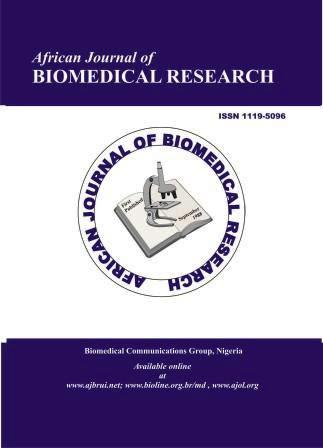Health And Well-Being Of The Borrowed Mother: A Case Study Of District Gurugram
DOI:
https://doi.org/10.53555/AJBR.v28i1.8007Keywords:
Surrogacy, borrowed mother, legal frameworks, emotional detachment, Gurugram, healthcare, surrogate rights, stigmatization.Abstract
Surrogacy has emerged as a significant reproductive technology offering hope to couples facing infertility, but it also raises complex ethical, legal, and socio-economic concerns especially for the women who carry the pregnancies. This paper critically examines the lived experiences and well-being of surrogate mothers in the district of Gurugram, India, referred to here as “borrowed mothers” a term reflecting the temporary and instrumental use of women's reproductive labor by commissioning parents. Drawing on the conceptual framework of Reproductive Justice and Feminist Political Economy, the study situates surrogacy within broader structures of gendered labor, class inequality, and bodily commodification.
Based on in-depth qualitative interviews with 10 surrogate mothers, as well as consultations with medical practitioners and intermediaries, the research explores how socio-economic vulnerability, lack of legal literacy, and societal stigma shape the surrogacy experience. The findings reveal that while surrogacy may provide short-term financial relief, it often comes at the cost of emotional stress, inadequate postnatal healthcare, legal insecurity, and deep social isolation. The paper argues that the shift toward altruistic surrogacy under the Surrogacy (Regulation) Act, 2021, while intended to curb exploitation, risks further marginalizing women by removing financial incentives without ensuring health protections or social recognition.
This study calls for a rights-based, ethically grounded, and policy-sensitive framework that centers the dignity, autonomy, and long-term well-being of surrogate mothers. It contributes to ongoing scholarly and policy debates by urging a more nuanced understanding of reproductive labor in contemporary India.
Downloads
Published
Issue
Section
License
Copyright (c) 2024 Dr. Preeti Raj (Author)

This work is licensed under a Creative Commons Attribution 4.0 International License.









